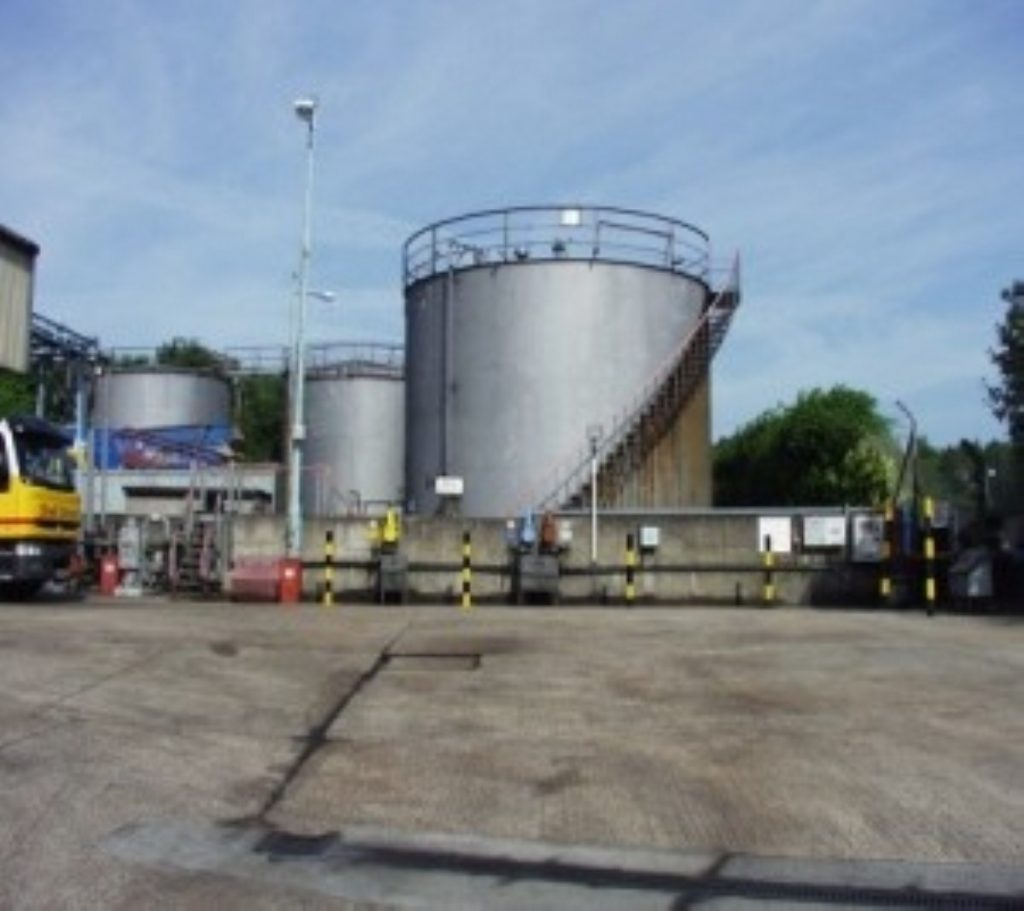Lords urge action to secure gas supply
The UK must act to ensure its gas supply can cope with extreme conditions, according to a new report from the House of Lords.
The European Union Committee warns that the UK might struggle to cope with demand for gas in the event of a severe winter over the next two or three years.
Concerns are noted about the “security of supply (availability) as gas becomes an increasingly important source of energy and net imports into the European Union become substantial.”
Committee chairman, Lord Woolmer, said: “While the Minister for Energy, Stephen Timms, tried to reassure the Committee, we remain unconvinced. Ofgem believe supplies are adequate except in extreme conditions. It is the extreme conditions we worry about.”


It acknowledges that Transco has the physical capacity to transport high levels of gas, but there is “little spare capacity” in the pipelines bring gas into the UK.
This will require “substantial levels of investment” by both the UK and EU to provide the additional pipelines it identifies as necessary.
Continuing Lord Woolmer said: “New capacity to import is being built but even when new import schemes start operating in 2007, we still question whether a market-based, ‘just-in-time’ system will provide insurance against the one-in-twenty year peak demand that Transco is legally obliged to meet, or against unforeseen circumstances.”
It calls on the Government to “review existing regulations in this respect to examine the possibility of introducing fast-track reconnection practices for large-scale emergencies.”
Regarding security of supply, both from expiry and terrorist attack, it predicts “adequate average” supplies of gas to the EU and UK to the end of the decade, and probably up to 2025. However, it warns that the run up to 2025 will “be characterised by increasing volatility in the markets, sharpening international competition for gas, and rising gas prices.
“We are less certain of the picture thereafter. There will come a point, probably after 2020, when the level of gas prices may change the balance of factors driving investment decisions in energy sources. We expect that the United Kingdom in particular will remain vulnerable to a low probability/high impact shock for most of this period.”
The committee is further concerned that the UK currently only stores a small amount of gas in comparison with the continent and urges the Government “to look urgently at the measures needed to protect consumers as the United Kingdom market ceases to enjoy the security of ample production capacity from the United Kingdom offshore fields close to the market.”
“We conclude, therefore, that there is considerable, if unquantifiable risk, particularly short-term, in the United Kingdom’s gas supply system and we urge the Government to review its emergency procedures for handling a sudden and major loss of gas.”
“It is clear, therefore, that the demand/supply balance required to meet peak winter demand over the next two years-2004/05 and 2005/06-will be tight. Nor is there any resilience in this balance to meet the unexpected. A severe winter could cause serious concern, as could a major terrorist attack on the gas delivery infrastructure.”
In his evidence to the committee, Energy Minister Stephen Timms noted concerns about the coverage for the next two winters saying: “my answer would be that the capacity we need is not yet in the bag but I am confident it will be in the bag in time for those demands arising over the next two winters”











